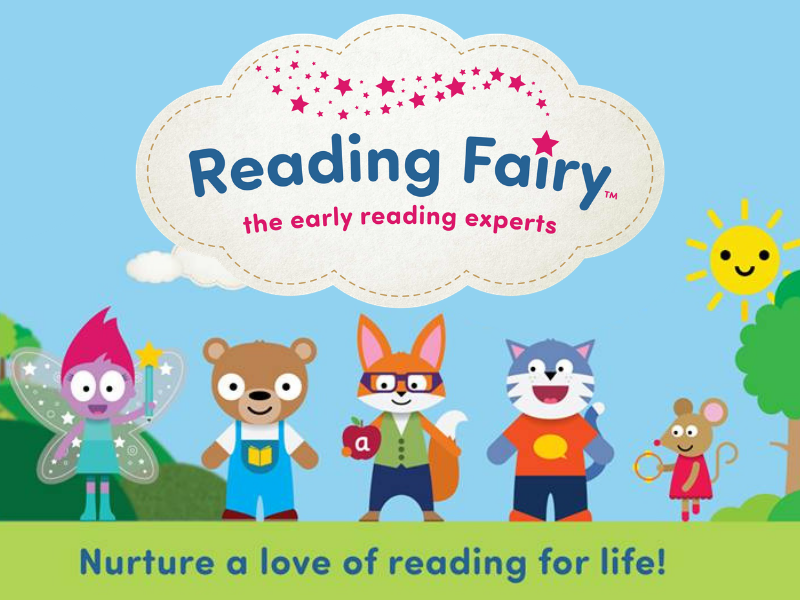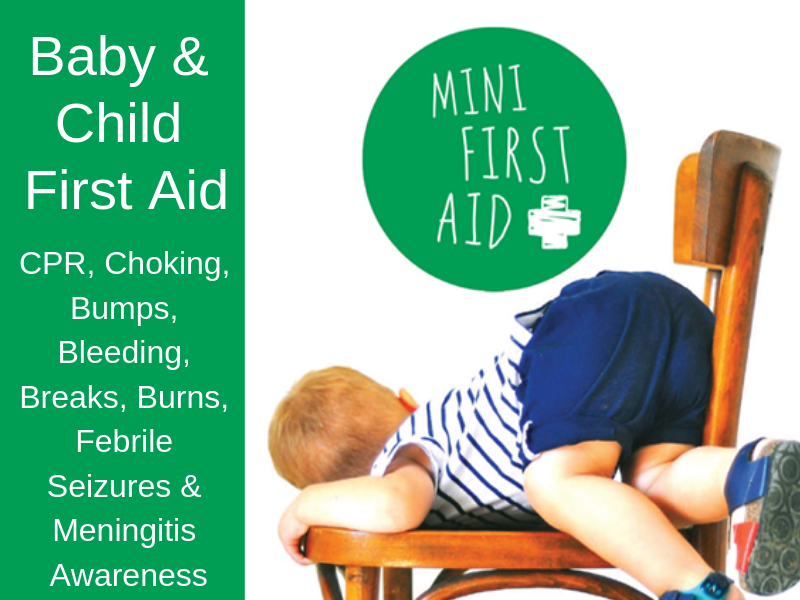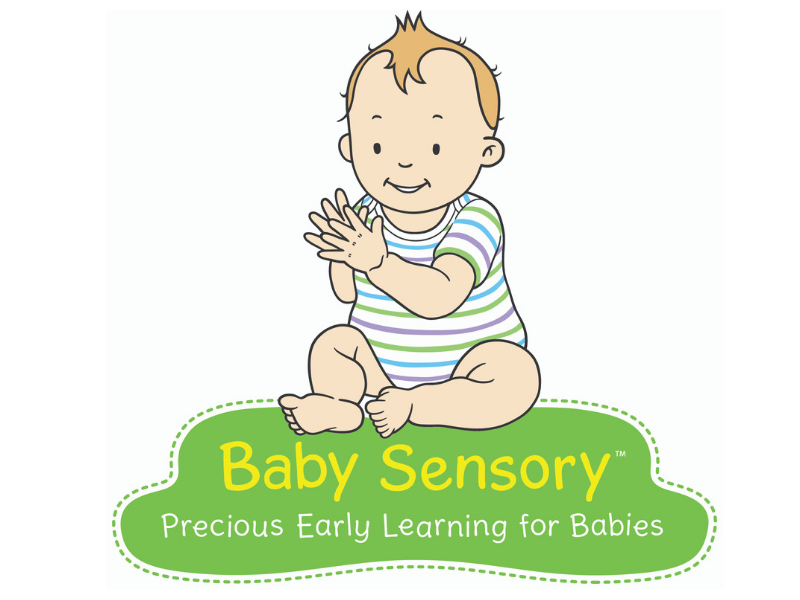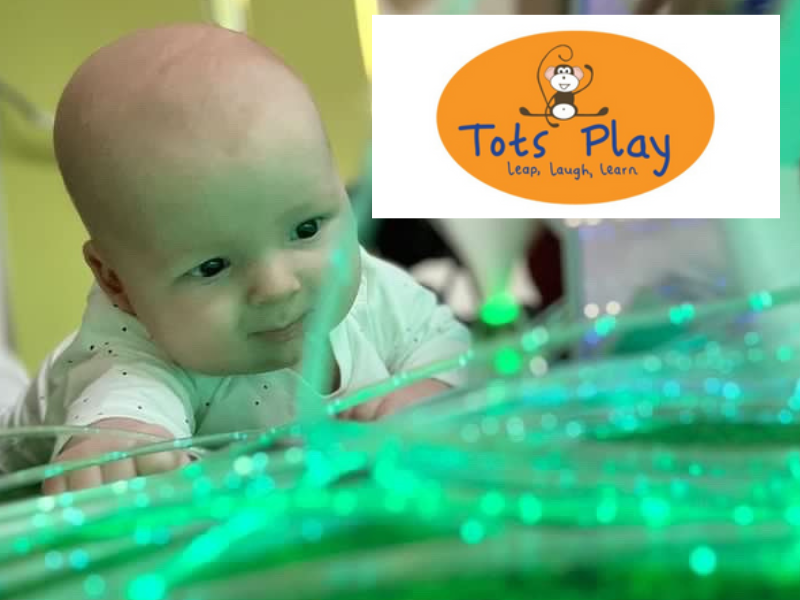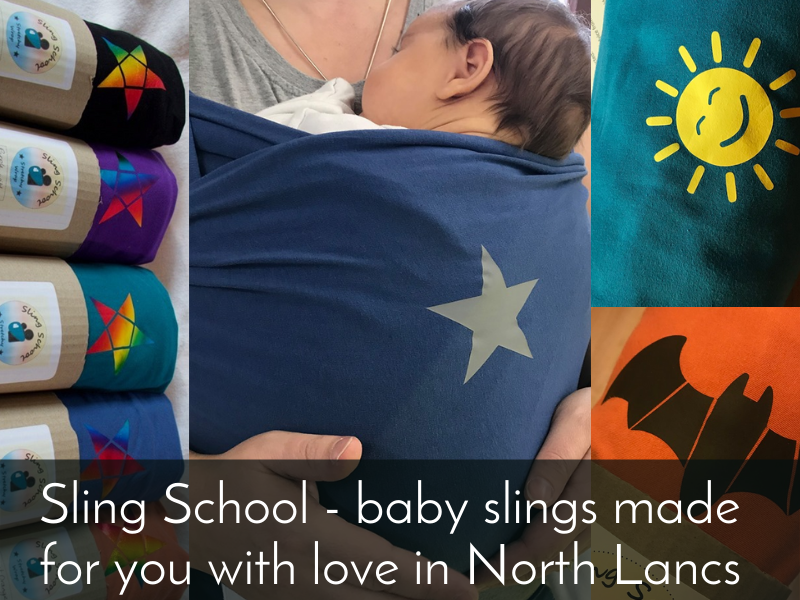Types of Childcare
Finding the right childcare to suit both you and your child’s needs is crucial. There are many things to consider and you may not be aware of how many childcare options there are in the Lancaster and Morecambe area. Please check out the Family Information Service by Lancashire County Coucil for impartial advice and guidance and to find out whether you are eligible for funding. We hope that you find this guide useful:
Childminders
Childminders offer a flexible approach to child care. They are often able to look after children before and after school hours which is a bonus for working parents as is the fact that many childminders also work through the school holidays. Children are cared for in a home environment. Childminders must be registered and inspected by Ofsted.
- Small ratios means your child will have plenty of individual attention
- Mixed age groups give a family atmosphere
- School aged children can be cared for with their siblings (and collected from/dropped off at school for you)
- Continuity of care. Some childminders care for children from babyhood to secondary school
- Personal service – some childminding arrangements lead to friendships that last for years after the childminding
- Strong local network – childminders in this area work together and often cover annual leave and sick leave for each other. They also meet regularly to ensure that your child will know colleagues for these emergencies
- All this and they follow the same Early Years Foundation Stage to track your child’s development according to national standards
- All registered childminders are insured, First aid trained, qualified in childcare, continuously taking up training opportunities to develop our settings, and professional quality childcare providers.
- Childminders also provide funded places for eligible 2 year olds, and all 3 and 4 year olds.
Day Nurseries
Usually look after babies or children under school-age whilst their parents are working, and have long opening hours. Nurseries offer children a stimulating environment which encourages social skills as they learn to interact with other children.
Pre-Schools
Traditionally take children aged 3-5 and are often attached to a Primary School, however many now take children from age 2. Pre-schools tend to provide education as well as social skills and play in order to make the transition from pre-school to school as seamless as possible. Opening hours are often similar to schools.
